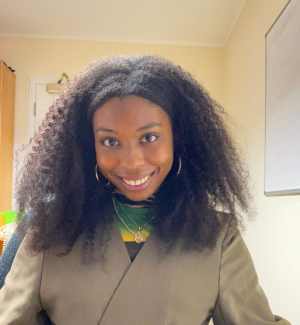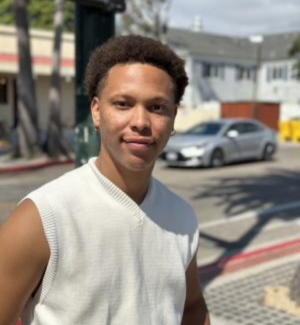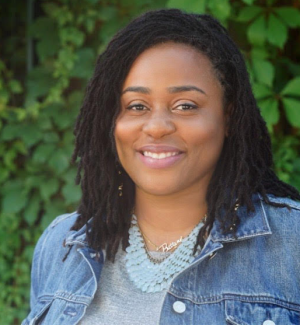Morgan Dacosta
Morgan DaCosta is a doctoral candidate in international relations at the University of Oxford. Her DPhil research draws on archival resources to produce a genealogy of policing from the end of British slavery in 1838 until the early 21st century in Jamaica and Trinidad. She conceptualises police power as a form of reiterative violence used to reproduce slavery-era and colonial social order in postcolonial former slave societies. Previously, she worked for Human Rights Watch researching abuses by security forces and human trafficking in the Sahel, and was a Fulbright scholar in Senegal examining urban women’s political activism. She holds a Bachelor of Arts from University of Illinois at Urbana-Champaign.



